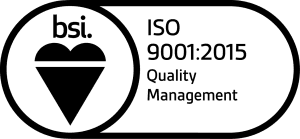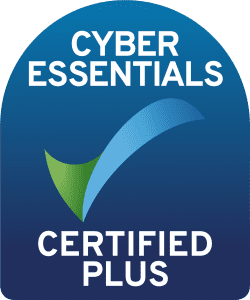The railway sector is facing a new challenge: the Network Information Security (NIS) regulations. According to a 2020 survey by the European Union Agency for Cybersecurity (ENISA), only 33% of rail operators of essential services (OES) have fully implemented defensive measures against cyber-attacks, as recommended by NIS regulations. This places their software under serious threat – not to mention their compliance with regulations. When security breaches occur the ripple effect throughout an organisation can be vast, with implications that are both financial and personal. There may also be implications concerning system safety and resilience.
Using industry standards is a great way to meet these regulations. The new CENELEC TS50701 technical specification provides guidance specific to the rail industry, guiding you through production of a cyber secure system through the whole life cycle. In order to better understand this technical specification, Digital Transit are providing a course designed to give you the fundamentals of how to best use and understand this document.
The course is an introduction to the major themes of cyber security and will start you on a journey to the creation of a secure rail operation. You will be able to communicate effectively, make informed trade-offs, assess risk, improve defences, and reduce vulnerabilities in your systems.
The course content is mapped to:
• Industry standard competencies, skills and evidence requirements relevant to rail safety work (see our website for details)
• Industry regulations
• National and international standards
For more information about our course, you can go to the link below – or contact us at info@digitalrail.co.uk


